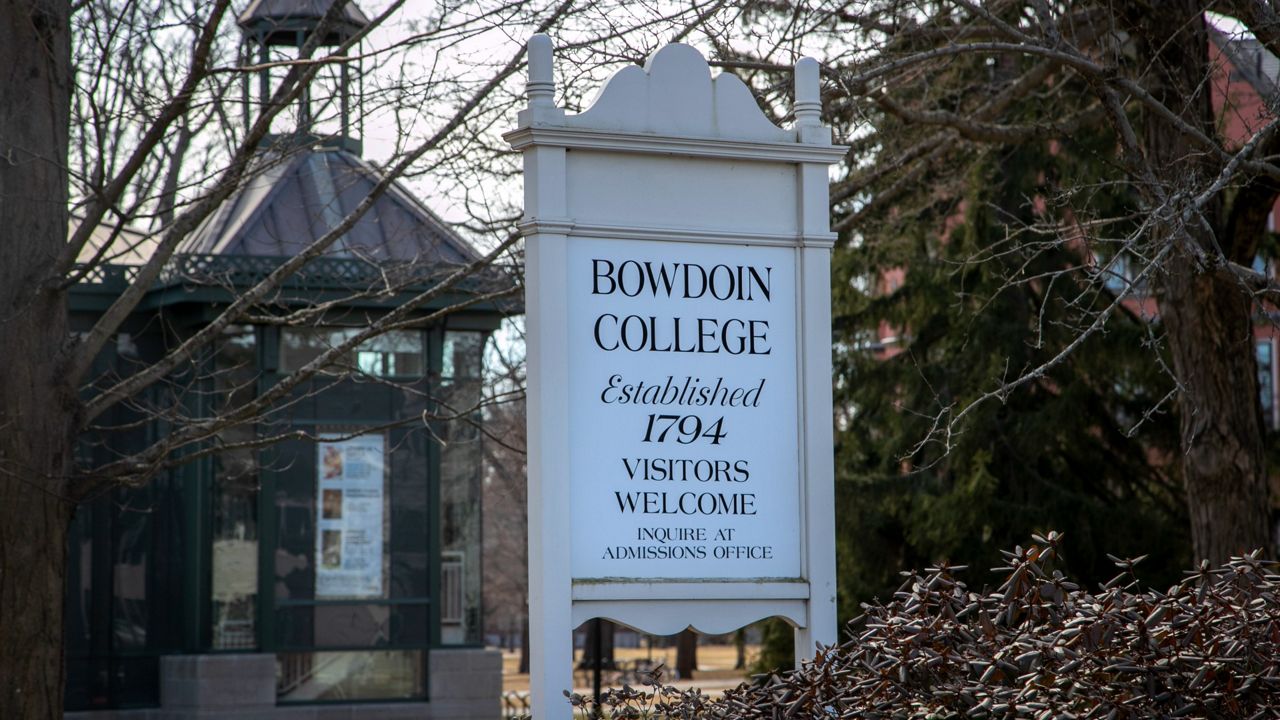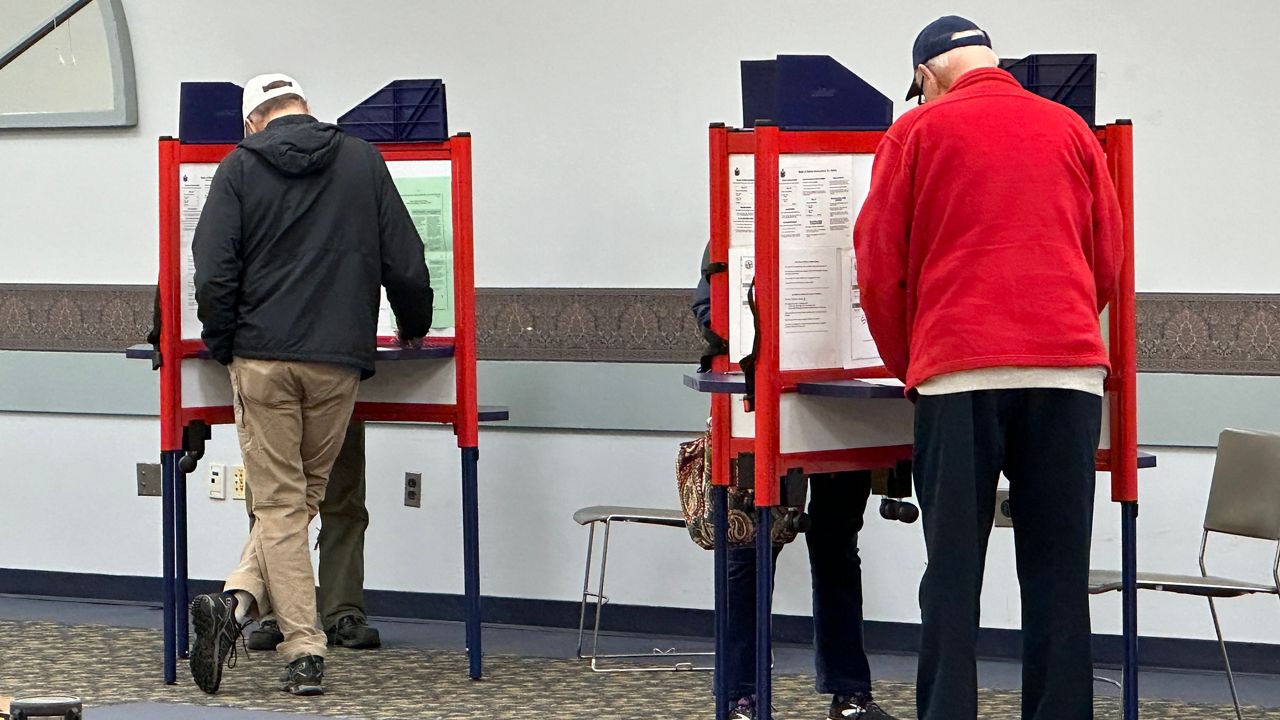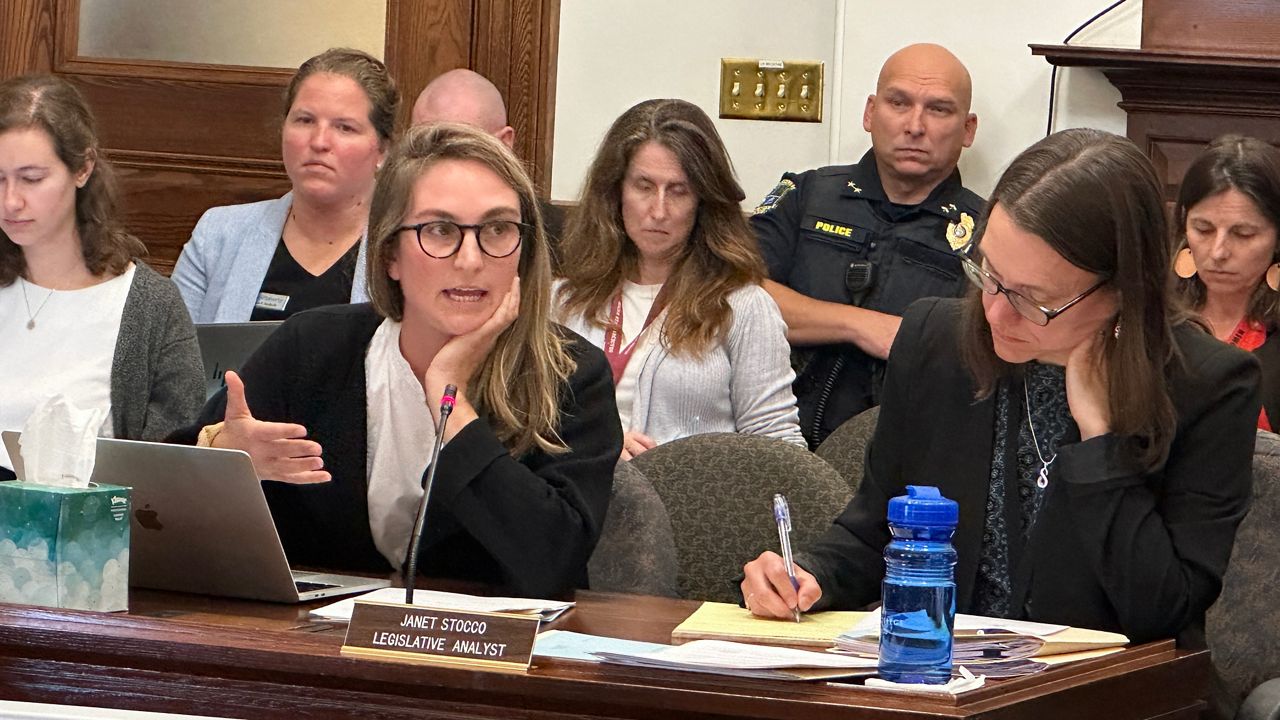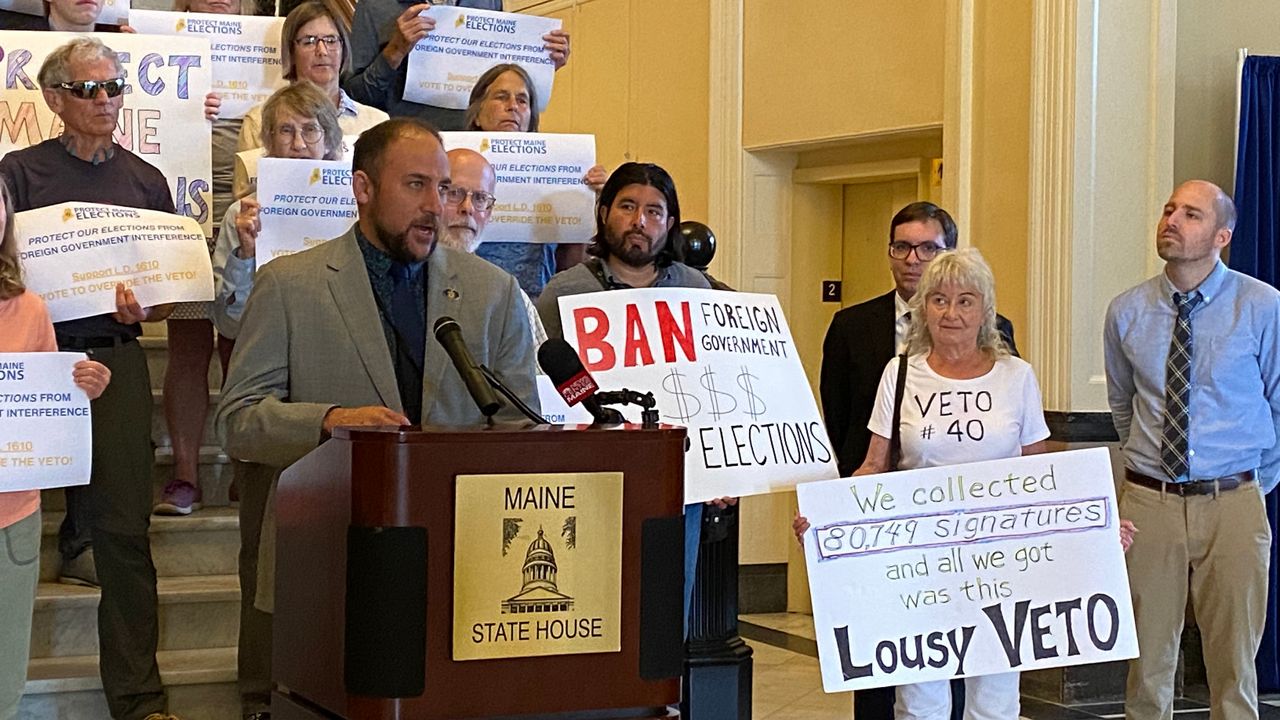Bowdoin College will still create a “truly diverse community” regardless of how the Supreme Court rules on two cases challenging the use of affirmative action, the college president wrote in an open letter Monday.
Bowdoin President Clayton Rose issued the letter following the court’s deliberations on cases involving Harvard College and the University of North Carolina and their use of race as one factor when reviewing applications.
Although a decision from the court isn’t expected until next year, observers interpreted many of the questions from the justices to indicate they are likely to overturn precedent that permits affirmative action.
“We will hope for the best when the court issues its decision in these cases next year, but whatever the outcome and no matter how challenging the work, we will never back away from our commitment to build and sustain a truly diverse community where everyone has the opportunity for an equitable experience and an enduring sense of belonging,” Rose wrote to the campus community.
Bowdoin, Bates College and Colby College signed a friend-of-the-court brief supporting the practices at Harvard and UNC. They were among nearly 40 colleges to sign the brief, a list that included Smith, Vassar, Oberlin and Mount Holyoke.
Nearly 100 briefs in opposition or in support of the practices were filed in the case, according to scotusblog.com. Of those, 33 supported Students for Fair Admissions, which claims that affirmative action violates the Constitution, and 60 supported the universities.
Lower courts upheld the programs at UNC and Harvard, rejecting claims that the schools discriminated against white and Asian-American applicants.
University of Maine interim communications director Margaret Nagle said via email that the state system’s admissions policies “are compliant with the current state of the law.”
“We will not know if we will be impacted until we actually see the decision that will come down from the Supreme Court,” she wrote.
Following three appointments by President Donald Trump, the court is now dominated by conservatives.
In his letter, Rose explained that given the “current makeup of the court,” colleges and universities will likely no longer be able to “take race into consideration as one of many factors they examine.”
“Bowdoin remains steadfast in our commitment to equity and inclusion and to providing our students with a powerful undergraduate education and experience, one that allows them to understand, lead and make change in the world,” Rose wrote.








)

